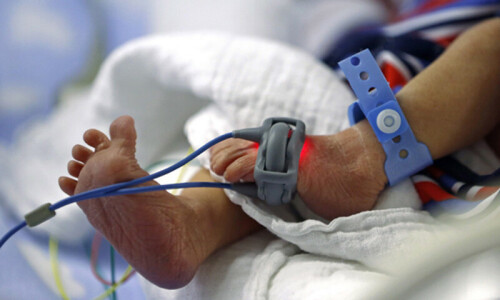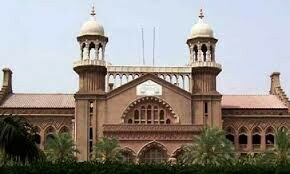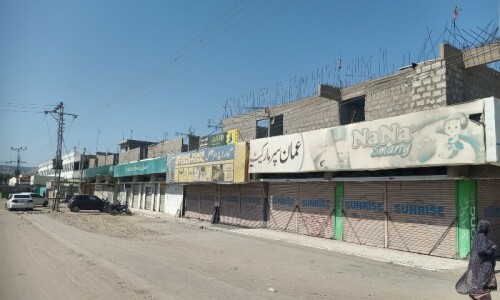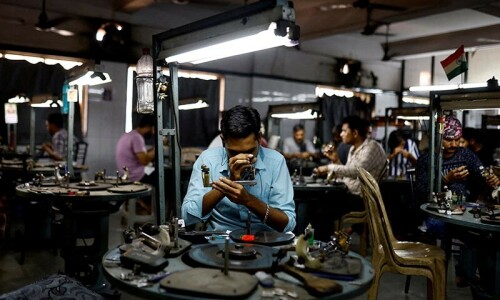BY any definition, Pakistan’s current economic situation is dire. Admittedly, the new coalition government is inheriting an economy encumbered with rising price inflation, widening fiscal and current account deficits and diminishing foreign currency reserves. It is also bedevilled by a volatile political environment.
Even if former finance minister Shaukat Tarin’s contention that the PTI has left the economy in a better shape than it had inherited in 2018 is not rejected out of hand, the challenge of turning it around, or at least providing some relief to inflation-stricken citizens anytime soon, is a formidable one for the new set-up.
However, exaggerating the ‘facts’ will not help either. The estimates of the twin fiscal and current account deficits given by Miftah Ismail at his Tuesday presser are on the higher side. But then, we have seen this pattern before: every new government needlessly amplifies the economic crisis to discredit their predecessors.
In the present case, the current account deficit is growing but is unlikely to reach the $20bn mark as claimed by Mr Ismail. The fiscal deficit is burgeoning, and may cross the previous government’s estimates of slightly over 6pc of GDP. Yet it is an exaggeration to say it would increase to 10pc by the close of the current fiscal year. Reserves are down. Yet, as the State Bank says, Pakistan’s external financing needs for the present fiscal are “fully met from identified sources”.
Read: An economic catastrophe
The economy is in deep trouble, and indeed in a worse state than what the PTI had inherited; there is no denying these facts. The situation is complicated by the IMF decision to delay the $1bn tranche due to the third tax amnesty given by the previous government to the wealthy, as well as political uncertainty in the country. China is taking its time to roll over its debt of nearly $2.5bn as it waits for the political dust to settle. Once the IMF is back as expected, since Mr Ismail has promised to honour Islamabad’s commitments to the lender, and China rolls over its loan, the reserves are likely to start rising.
The question is whether the new rulers have what it takes to fix the two major structural problems to sustainably revive the economy. That requires massive growth in taxes by expanding the taxpayers’ base and eliminating exemptions to the powerful, as well as the privatisation of state enterprises, such as the Steel Mills and PIA, to reduce the gap between income and expenditure.
Further, governance and policy reforms are needed to substantially raise productivity for boosting exports and paying import bills. The coalition may not have much time to undertake all these fiscal and productivity reforms, but it can initiate changes to restructure the economy for a sustainable turnaround in the longer term. One hopes it doesn’t resort to populist moves ahead of the elections.
Published in Dawn, April 14th, 2022














































